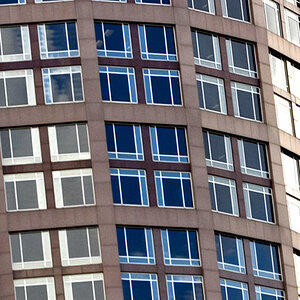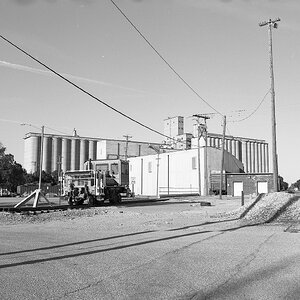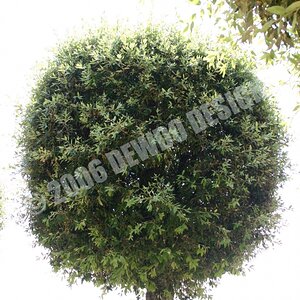JustJazzie
Been spending a lot of time on here!
- Joined
- Jan 21, 2013
- Messages
- 3,793
- Reaction score
- 1,732
- Location
- Bailey, Colorado
- Can others edit my Photos
- Photos OK to edit
I'd never heard of a dng file until I opened Lightroom. I've researched it a bit and I *think* I understand what it is. However, most of the information I've read comes from adobe who would obviously have good things to say about it. I did a quick search on here, but hadn't found a thread specific to DNG's in the few pages I scrolled through, hopefully this isn't a repetitive question.
Anyways, do you convert to dng? What's your reasoning?
Anyways, do you convert to dng? What's your reasoning?


![[No title]](/data/xfmg/thumbnail/33/33029-f4556b4c89cecbad12ebe6b782a51ef5.jpg?1619735843)

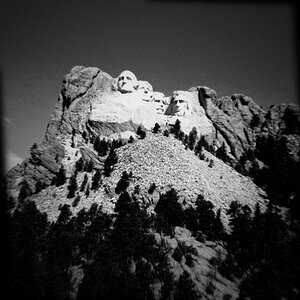

![[No title]](/data/xfmg/thumbnail/42/42464-98a778e864f4e6df2a9cc673b7549322.jpg?1619740192)
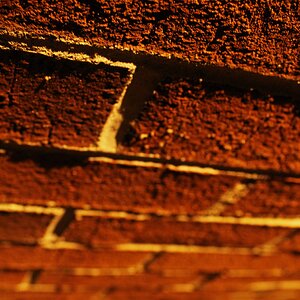
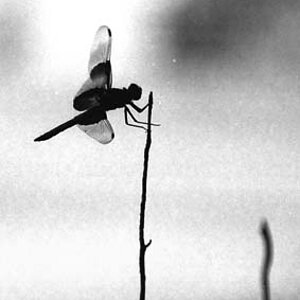
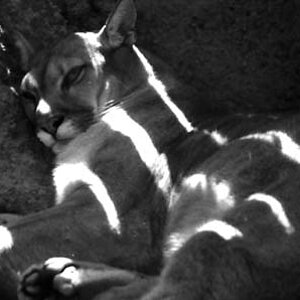
![[No title]](/data/xfmg/thumbnail/32/32930-09414fc020c2a60a456ff59a05c5ef8f.jpg?1619735759)
